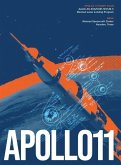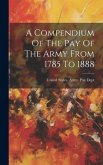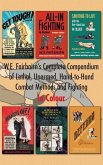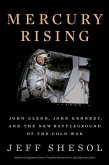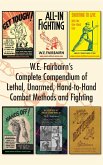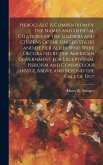This Space Power series from Nimble Books was inspired by the creation of United States Space Force in 2019. New military services are only created once or twice a century. In time, military space history should grow to have the same breadth and depth of topical coverage as military, naval, and aviation history. There are books and enthusiasts for every army, navy and air force for every nation for every era, for every type of weapon and every type of soldier. Certain topics and genres have an enduring advantage in glamor and sales: tanks, battleships, fighters, the Wehrmacht, SEALs. It's not immediately obvious which topics will carry that aura in the history of military space. This NRO book about the Manned Orbiting Laboratory falls in the "never were/space station" crossover subgenre. I hope that it will find an enthusiastic audience among those who groove on what MOL might have been. An eye in the sky; a decisive weapon; in the Cold War; a tragic casualty of space war; a driver for earlier human colonization of space: let your imagination soar! The document provides comprehensive information about the planning, development, and challenges faced by the Manned Orbiting Laboratory (MOL) program. It discusses the involvement of the Air Force and NASA, the termination of the Dyna-Soar program, and the approval of the MOL program. The document also highlights the decision-making process, the rationale behind the cancellation of Dyna-Soar, and the initiation of the MOL program. It provides details about the objectives, experiments, management structure, and funding of the MOL program. Additionally, it discusses the technical challenges, the debate between a manned and unmanned system, and the financial issues faced by the program. The document concludes with information about the budget, developmental, and schedule problems faced by the MOL program, including the slippage in sensor development and the efforts to compress the development timeline. This annotated edition illustrates the capabilities of the AI Lab for Book-Lovers to add context and ease-of-use to manuscripts. It includes five types of abstracts, building from simplest to more complex: TLDR (one word), ELI5, TLDR (vanilla), Scientific Style, and Action Items; four essays to increase viewpoint diversity: Context in the Discourse, Formal Dissent; Red Team Critique; and MAGA Perspective; and Notable Passages and Nutshell Summaries for each page.
Hinweis: Dieser Artikel kann nur an eine deutsche Lieferadresse ausgeliefert werden.
Hinweis: Dieser Artikel kann nur an eine deutsche Lieferadresse ausgeliefert werden.


